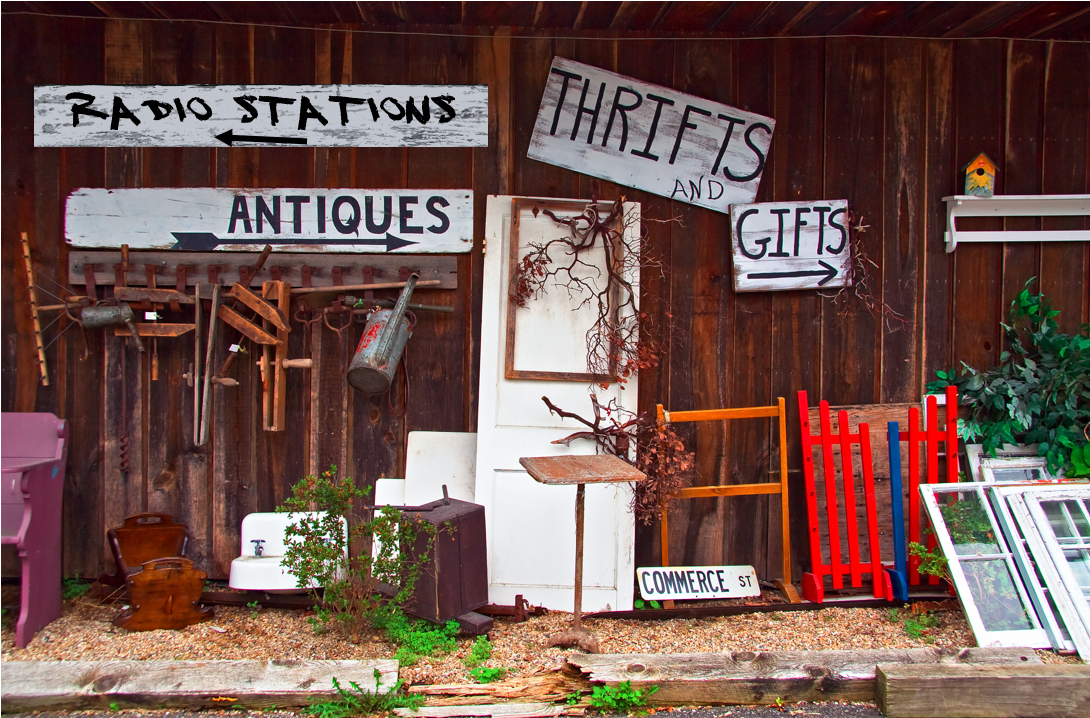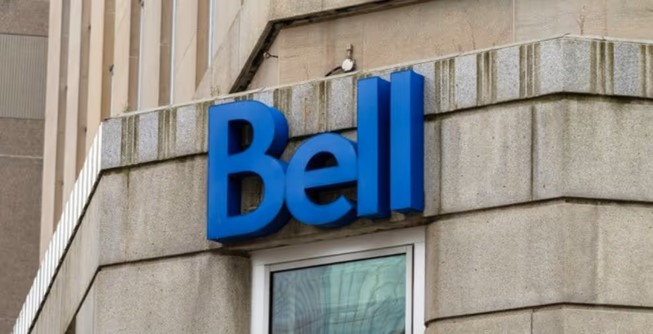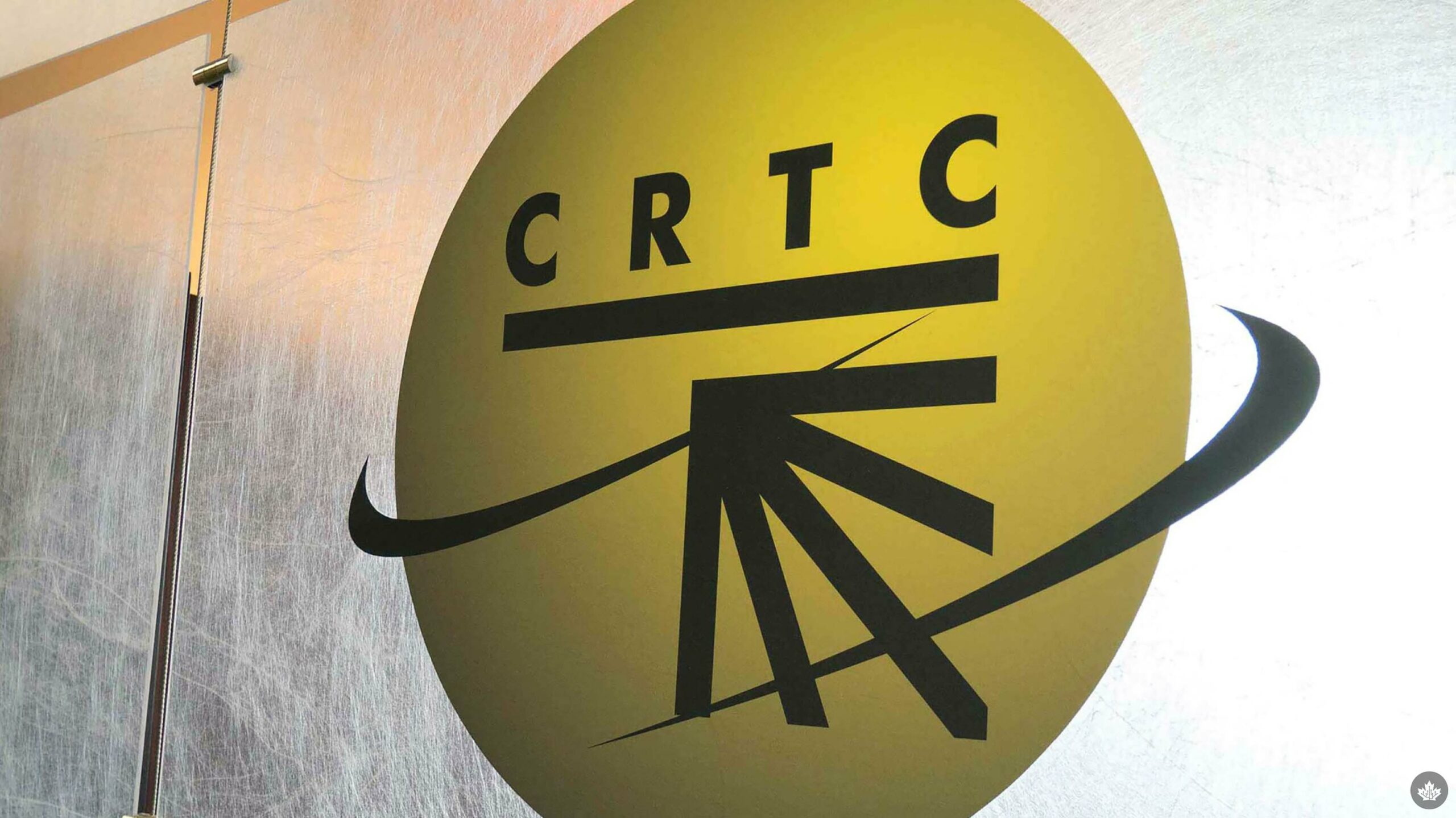
Yes, it’s been one crazy year for radio programming, advertising, and the impact of AI on the business. But perhaps under the radar has been the impact of the sales of radio stations over the past tumultuous 12 months.
I’ve written about a panel of brokers I saw last month at Forecast 2025. They weren’t exactly bullish about the economics of selling radio stations, throwing out multiples (a station’s cash flow times x) that once seemed preposterously low, but are now the accepted numbers. The oldest – or should I say most experienced of the brokers – was Dick Kozacko who threw out the following analysis of what’s happened to traditional radio over the years:
“The so-called leaders of broadcasting have failed us … the future is not bright at all, but not for everybody.”
We learned the effects on the value of radio properties earlier this month when horror writer, Stephen King, walked away from his cluster of radio stations in Bangor, Maine. I blogged about that amazing story when it first broke. Last week, the Classic Rock station in King’s portfolio, WKIT, was saved by a group of local businesspeople.
And just yesterday, one of the blockbuster sales of 2024 was announced. Salem is selling its Fish stations – the group that plays contemporary Christian music to – who else? – EMF, the group that owns and operates the K-LOVE and Air1 Networks. All told, seven stations added up to an $80 million sale right before the 2024 finish line. Suffice it to say, this group of towers and transmitters means a lot to its buyers, a company that’s been especially active these past few years in adding to its collection of broadcast properties.
But the table may have been set in Canada nearly one year ago when Bell Media dumped a group of their radio properties, and one of their executives offered his and perhaps his company’s assessment of radio in 2024. It was one of our most-read and most-talked-about post of the year. And for good reason. – FJ
One Man’s Trash Is Another Man’s Radio Stations
February 12, 2024
Imagine for a moment you were a big player in commercial real estate. For years, you’ve invested in office buildings in mostly large metropolitan markets. And now, your company executive team has reached the conclusion it’s time to sell off a substantial percentage of your properties – around half – with a focus on liquidating those that have been struggling.
You strike deals with multiple buyers, and now it’s time to announce to the world your company is making these big moves, with an announcement of who’s buying those properties you put on the market.
And then your chief legal and regulatory officer makes the statement that commercial real estate “is no longer a viable business.”
 Seriously? Aside from what this bold statement says to your buyers, think about its implications on the rest of your commercial real estate business where you still own scores of properties.
Seriously? Aside from what this bold statement says to your buyers, think about its implications on the rest of your commercial real estate business where you still own scores of properties.
Additionally, there’s a high human toll to your decisions. All told, you’re projecting terminating 9% of your overall workforce – nearly 5,000 jobs in all. And what about the thousands of your employees still on your payroll who have now heard about your extreme lack of confidence in the business – and their livelihoods?
What does it say about your commitment – or lack thereof – moving forward? Why would anyone remotely serious about their careers join or stay with a company running away from their chosen field as fast as they are? And why on earth would you blurt out your actual “take” on the condition of the business in general, and your properties specifically, at the time of sale?
Isn’t it tantamount of the company saying, “We wish you well with our former properties, but the fact is, they’ve become a bad business.” It’s similar to saying to that nice young couple who just plunked down beaucoup bucks to buy your house that you’ve dumped an asset with black mold, foundation cracks, and other systemic problems that explain why you’re moving out at high speed with a strong intent not to stay around too long.
Crazy, you say. But this is exactly what transpired last week when Bell Media of Canada announced the sale of 45 of their 103 stations in Ontario, Quebec, British Columbia, and other locales in Canada.
Canada.
And what about the seven companies that purchased these Bell Media properties:
Vista Radio, Whiteoaks, Durham Radio, My Broadcasting Corp., ZoomerMedia, Arsenal Media, and Maritime Broadcasting.
Do you think some of them might be experiencing a case of buyer’s remorse, while probably now having to explain to their investors why Bell Media’s chief legal and regulatory officer, Robert Malcolmson, said:
“This is a significant divestiture. That’s because (radio’s) no longer a viable business.”
This one hurts, especially in Canada, but it has reverberations throughout the global radio industry, particularly here in the U.S. Canadian Prime Minister Justin Trudeau wasted no time and minced no words slamming Bell’s parent company BCE, Inc.
“I’m furious. This is a garbage decision by a corporation that should know better,” PM Justin Trudeau tells reporters in King City, Ont., as he responds to a question about recently announced layoffs at Bell.
#cdnpoli pic.twitter.com/udtnqbY8O7— CPAC (@CPAC_TV) February 9, 2024
Trudeau was especially incensed. This was not the first round of layoffs from Bell, and the company had just received $40 million in regulatory relief from the government. He was ready for the question about Bell Media’s transaction and staff reductions, and was not the least bit happy about it.
Evidently, some of Bell’s frustration is on the doorstep of the CRTC – the Canadian Radio and Television Commission – their equivalent of the FCC. Apparently, the Bell team is of the belief deregulation has not been coming fast enough to make their business whole.
 I can’t tell you much about CRTC’s “rules & regs.” While Jacobs Media has done extensive work in Canada over the last many decades, the CRTC’s legal binds seem even stronger than the FCC’s. Back in the day, programmers in Canada were often evaluated and even compensated based on their knowledge of CRTC’s spaghetti policies on issues like “Canadian content” – or “Can Con” as it was traditionally called.
I can’t tell you much about CRTC’s “rules & regs.” While Jacobs Media has done extensive work in Canada over the last many decades, the CRTC’s legal binds seem even stronger than the FCC’s. Back in the day, programmers in Canada were often evaluated and even compensated based on their knowledge of CRTC’s spaghetti policies on issues like “Canadian content” – or “Can Con” as it was traditionally called.
As we know from similar circumstances in the U.S., some broadcasters may have overpaid for their properties, in the process, racking up onerous debt. In an advertising economy where radio has lost its luster, perhaps Bell put itself in a no-win situation.
Still, is that any reason to inflame an entire industry – one in which you still own 60 or so radio stations? How will Bell continue to operate those stations under the umbrella of their negative “take” on radio? How will they attract talent moving forward? And how will their sales reps navigate the already chilly and dangerous advertising waters?
I am well aware that most U.S. broadcasters believe they, too, need less regulation if they are to compete against big tech, satellite radio, podcasters, and digital streamers like Spotify. Of course, radio broadcasters are the only players that have to abide by licensing rules and regulations, profanity restrictions, the maintenance of public files, and umpteen other inconveniences and expenses while they try to compete against media brands with none of these obstacles.
Still, you don’t hear any of them setting the radio industry on fire – at least not publicly. By saying the quiet part out loud, Bell has done the radio broadcasting industry a huge disservice not just in Canada, but here in the U.S. as well.
This might be a good time for American broadcasters and other Canadian radio execs to speak out on behalf of the medium. Being silent only allows Mr. Malcolmson’s words to ring, no doubt creating questions and considerable doubt in ad agencies, local retailers on Yonge Street, and others who engage in commerce with broadcasters.
An unviable business?
If you’ve spent any time in antique shops, you know the old phrase, “One man’s trash is another man’s treasure.” That is obviously true in the radio business as well, at least in some circles of the industry. Whatever the Bell Media board and/or corporate team was discussing behind close doors is now out there – apparently with their approval.
Radio broadcasters should step up and provide an alternative – or counter-punch – to Bell’s take on the industry. Of course, every company has the right to buy, sell, or trade their properties. But their dark statement speaks volumes about and causes damage to the radio industry well beyond BCE’s portfolio.
dark statement speaks volumes about and causes damage to the radio industry well beyond BCE’s portfolio.
Are radio stations still a treasure, have they become trash, or will “your mileage vary” depending on what you bought, when you bought it, what you paid for it, and the quality of your stewardship as broadcasters?
The easy days when any idiot could make money in radio are gone. This is the hard part.
While market conditions and the evolution of media and entertainment have made radio ownership considerably more challenging and even precarious in the 2020s, some companies are experiencing success.
Back in the day, there was essentially one way to operate a radio company. Everybody ran pretty much the same plays out of the same playbook. Today, there are many variables at work, creating myriad scenarios that can lead to success – or failure. May the best strategy win. It’s noteworthy Ed Levine is doing it differently than Bob Pittman, Mary Quass, Bill Wilson, and Craig Karmazin.
It’s not lost on me that tomorrow should be a celebration…of World Radio Day 2024, to be precise. And spoiler alert: the theme this year is radio’s centennial celebration. That’s right – a celebration of 100 years of information, entertainment, and local service.
So Bell Media, “no longer a viable business?” My ass.
I can’t think of a better time for broadcast leadership to take a stand about the efficacy, value, and accomplishments of the entire industry. For the sake of your staffs, your boards, your advertisers, and your communities, speaking up for radio – now – is of paramount importance.
Otherwise, Bell gets the last word.
Originally published by Jacobs Media








